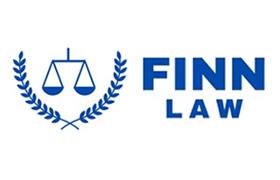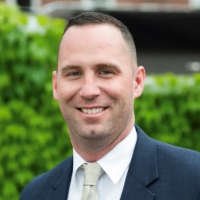 Greenfield Center RICO Act Lawyers, New York
Greenfield Center RICO Act Lawyers, New York
Sponsored Law Firm
-
 x
x

Click For More Info:
-
Finn Law Offices
12 Sheridan Ave. Albany, NY 12207» view mapAccident & Injury and Criminal Defense Action-Oriented Legal Advocacy
At Finn Law Offices, our attorney relies upon his experience and dedication to protect your rights in a personal injury, employment law, criminal defense or civil rights case.
800-872-6030
Warning! No lawyers found in this specified area.
Not enough matches for Greenfield Center RICO Act lawyer.
Below are all Greenfield Center Criminal lawyers.
Lawyers
1-0 of 0 matches



 Ryan M. Finn Albany, NY
Ryan M. Finn Albany, NY AboutFinn Law Offices
AboutFinn Law Offices